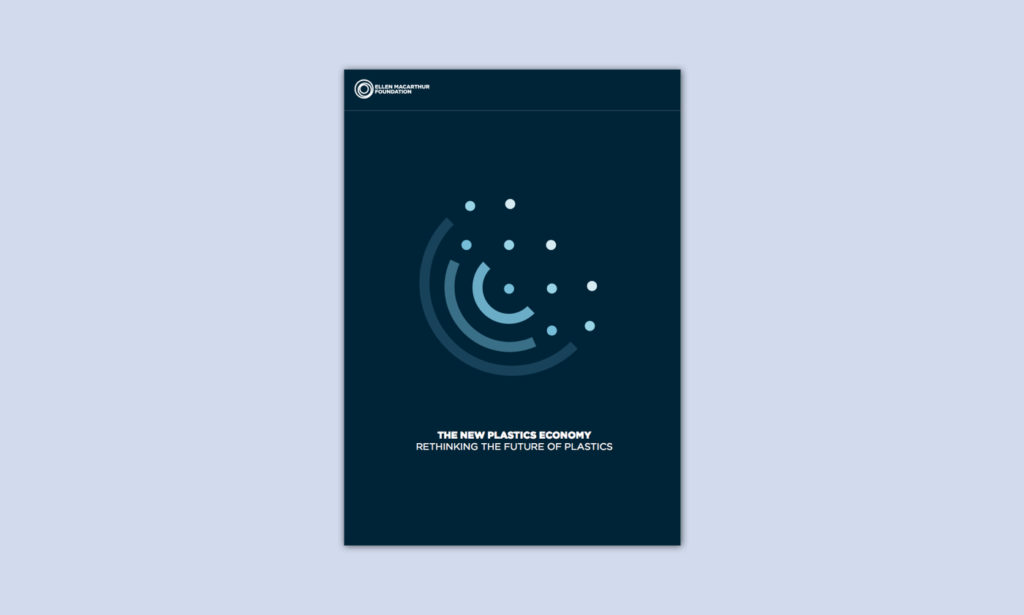The New Plastics Economy: Rethinking the Future of Plastics
ENVIRONMENT, 31 Jul 2017
World Economic Forum | Ellen MacArthur Foundation – TRANSCEND Media Service
Applying circular economy principles to global plastic packaging flows could transform the plastics economy and drastically reduce negative externalities such as leakage into oceans, according to this new report.
The New Plastics Economy: Rethinking the future of plastics provides, for the first time, a vision of a global economy in which plastics never become waste, and outlines concrete steps towards achieving the systemic shift needed.
The report was produced by the World Economic Forum and the Ellen MacArthur Foundation, with analytical support from McKinsey & Company, as part of Project MainStream, a global, multi-industry initiative that aims to accelerate business-driven innovations to help scale the circular economy. It was financially supported by the MAVA Foundation.
************************************************
Download the full report in pdf: ‘The New Plastics Economy- Rethinking the Future of Plastics‘
Read the news release
Download the infographics
Download the background to key statistics
For more information on the initiative, visit: www.newplasticseconomy.org
___________________________________
First published on Jan 19, 2016.
Go to Original – ellenmacarthurfoundation.org
DISCLAIMER: The statements, views and opinions expressed in pieces republished here are solely those of the authors and do not necessarily represent those of TMS. In accordance with title 17 U.S.C. section 107, this material is distributed without profit to those who have expressed a prior interest in receiving the included information for research and educational purposes. TMS has no affiliation whatsoever with the originator of this article nor is TMS endorsed or sponsored by the originator. “GO TO ORIGINAL” links are provided as a convenience to our readers and allow for verification of authenticity. However, as originating pages are often updated by their originating host sites, the versions posted may not match the versions our readers view when clicking the “GO TO ORIGINAL” links. This site contains copyrighted material the use of which has not always been specifically authorized by the copyright owner. We are making such material available in our efforts to advance understanding of environmental, political, human rights, economic, democracy, scientific, and social justice issues, etc. We believe this constitutes a ‘fair use’ of any such copyrighted material as provided for in section 107 of the US Copyright Law. In accordance with Title 17 U.S.C. Section 107, the material on this site is distributed without profit to those who have expressed a prior interest in receiving the included information for research and educational purposes. For more information go to: http://www.law.cornell.edu/uscode/17/107.shtml. If you wish to use copyrighted material from this site for purposes of your own that go beyond ‘fair use’, you must obtain permission from the copyright owner.
